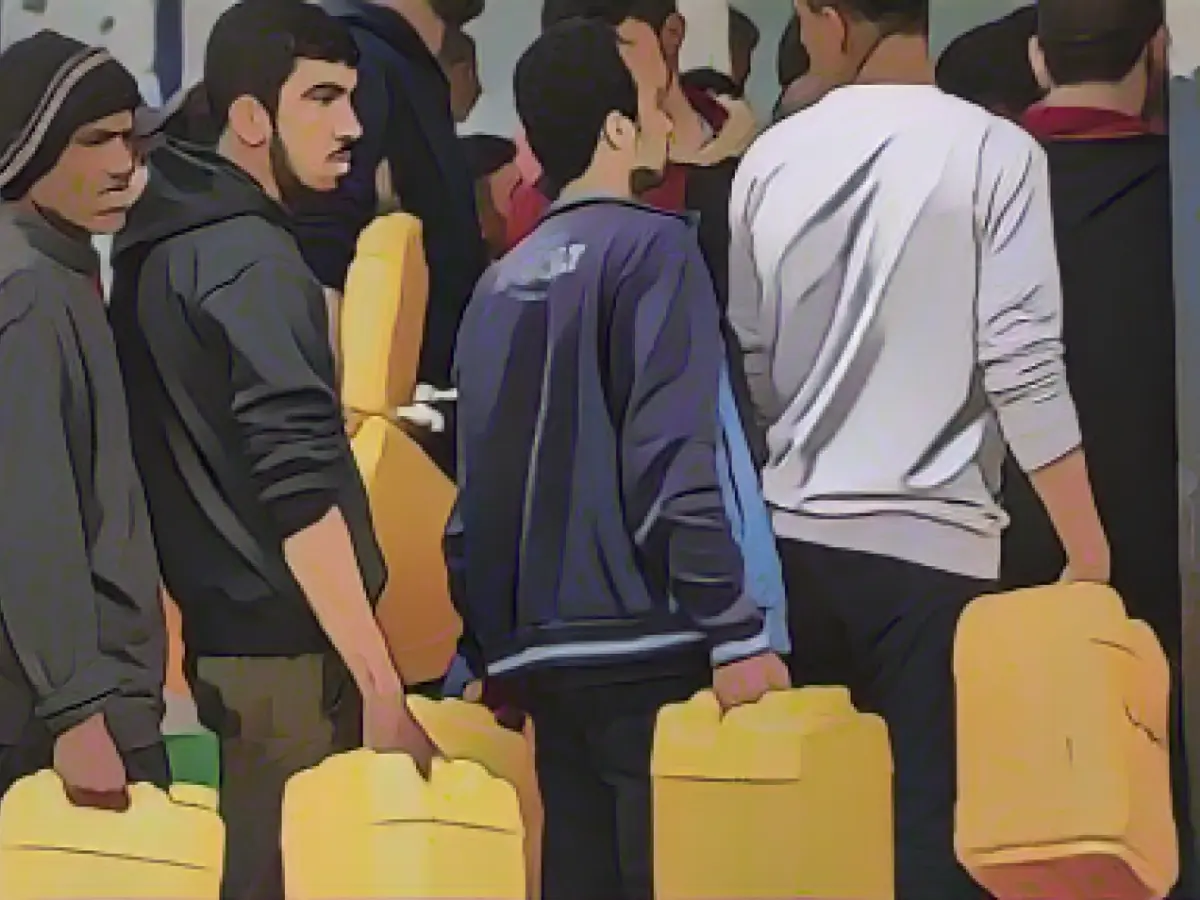United Nations Urges Immediate Ceasefire in Gaza Crisis
In an urgent plea for peace, the United Arab Emirates has put forth a new draft resolution to the UN Security Council, calling for an immediate humanitarian ceasefire in the Gaza Strip. The UAE's Permanent Mission shared this stand via the messaging service X (formerly Twitter) on Thursday, underlining the dire necessity for decisive action by the council.
The situation in the Gaza Strip is reaching a critical point, with the potential for irreversible damage if swift action is not taken. The UAE's appeal to the UN Security Council serves as a stark reminder of the urgent need for a ceasefire to protect the civilian population.
Guterres Steps In, Invokes Rare Measure
In a groundbreaking move, UN Secretary-General António Guterres petitioned the UN Security Council, invoking Article 99 of the UN Charter, which allows the Secretary-General to draw attention to matters that may pose a threat to international peace and security. This is the first time Guterres has utilized this power since assuming office in 2017.
Guterres' call for a humanitarian ceasefire in the Gaza Strip echoed his concern over the worsening humanitarian situation and the need to spare the civilian population further suffering. However, his intervention has garnered criticism from Israel, which views his actions as support for the Hamas terrorist organization.
A Divided Response
The international community's response to the crisis in Gaza has been divided. While Israel's Foreign Minister Eli Cohen criticizes Guterres' actions, EU High Representative for Foreign Affairs Josep Borrell supports his call for a ceasefire and urges EU members in the UN Security Council to back his initiative.
The ongoing conflict in the Gaza Strip highlights the need for international cooperation and diplomacy to achieve a lasting resolution. As efforts continue to enforce a humanitarian ceasefire, the global community watches with hope and concern, awaiting a turning point in the long-standing conflict.
Additional Insights:
According to recent developments, a ceasefire agreement was reached on 15 January 2025, coming into force on 19 January 2025. This deal stipulates the progressive release of Israeli hostages in exchange for Palestinian detainees, the withdrawal of Israeli forces from populated areas except for buffer zones, and an expansion in humanitarian aid delivery into Gaza.
Since the implementation of the ceasefire, thousands of humanitarian trucks, including UNRWA assistance, have entered Gaza, delivering crucial supplies. The UNRWA Commissioner-General, Philippe Lazzarini, emphasized the necessity for timely, unrestricted, and uninterrupted humanitarian access to address the suffering caused by the conflict. UNRWA has accelerated aid delivery and restored educational services, while also providing primary healthcare in Gaza.
International backing for the ceasefire is crucial to its success. The UN Secretary-General António Guterres has welcomed the agreement and emphasized the importance of scaling up humanitarian aid to overcome significant obstacles. Meanwhile, the European Union (EU) has been critical of Israel's actions, with EU foreign policy chief Josep Borrell labeling the siege of Gaza illegal and dismissing evacuation orders as unrealistic. The EU has pledged €275 million in humanitarian aid for Palestinians, with €125 million earmarked for UNRWA, despite internal investigations into certain staff actions.
Despite these advancements, challenges persist. Israeli Knesset legislation against UNRWA, including a no-contact policy with Israeli authorities, has forced UNRWA international staff to leave East Jerusalem. Additionally, the presence of explosive ordnance in newly accessible areas poses a potential threat to civilians and humanitarian workers, highlighting the continued need for vigilance and cooperation in the pursuit of lasting peace in the Gaza Strip.








